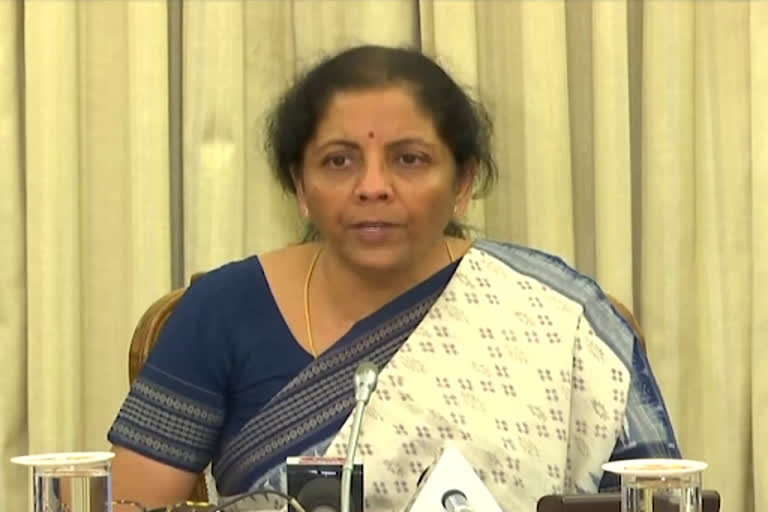New Delhi: Leading industry body Indian Auto LPG Coalition has sought GST reduction on Auto LPG as well as on conversion kits for gaseous fuels to promote the adoption of clean automotive fuels.
LPG used as fuel in automobiles or Auto LPG, which is among the cleanest alternative fuels with a Global Warming Potential of 'zero' is currently taxed at 18 per cent GST. Also, the GST rates on Auto LPG/CNG conversion kits stand at a prohibitive 2 per cent, IAC said.
High GST rates on clean fuels and conversions kits are in complete variance to the government's stated green mobility push, it said in a statement.
"We seek the attention of Finance Minister Nirmala Sitharaman towards the imminent need for devising friendly policies to allow rapid growth of environment-friendly transport fuels such as Auto LPG.
Read more: Budget 2020: Limited room for personal income tax relief
Auto LPG which is being promoted actively by governments across the world is facing discriminatory policies in India.
It is taxed at a high GST slab of 18 per cent. Similarly, conversion kits for auto LPG and CNG are placed at the highest slab of 28 per cent which is meant for either luxury goods or demerit items like tobacco products," said Suyash Gupta, Director General, Indian Auto LPG Coalition (IAC).
IAC said LPG is the most widely used alternative fuel in the world, with a proven track record of improvement in air quality. The global consumption of Auto LPG has risen by over 40 per cent over the past 10 years, fuelled by environmental concerns. Among the key nations that have successfully adopted this green fuel for their transportation requirements are South Korea, Turkey, Poland, Japan, Australia, Italy, Mexico, and Russia.
The association said even as India plans a long-term shift to electric vehicles, it is missing out on the environmental benefits that can be gained by adopting low hanging fruits like Auto LPG.
Investing in a wider basket of clean alternative transport fuels that are more readily available can bring about an immediate improvement in air quality, unlike EVs that are still a decade away from becoming commercially viable.
"Apart from the need to lower GST, another critical intervention required is the reform of the Type Approval norms governing conversion to gaseous fuels.
The Type Approval norms require companies to renew extremely cost-prohibitive Type Approvals for Auto LPG and CNG conversions every three years.
This acts as a major hurdle to the industry and has resulted in a rapid dwindling of players in the retro-fitment market.
The Type Approval regime must be made industry-friendly and its validity must be made perpetual in line with European norms," Gupta said.
More than 26 million vehicles run on Auto LPG globally, supported by close to 71,000 LPG Filling Stations with global Auto LPG consumption exceeding 26 million tonnes. Emissions of harmful nitrogen oxides (NOx) and harmful particulate matter PM 2.5 are almost negligible for Auto LPG, claimed IAC.
IAC is the nodal body for the promotion of Auto LPG in India. Members of the Coalition include the oil PSUs, private auto LPG marketers, kit suppliers, and equipment manufacturers.
The coalition works closely with the World LPG Association, Society of Indian Automobile Manufacturers and Automotive Research Association of India.



